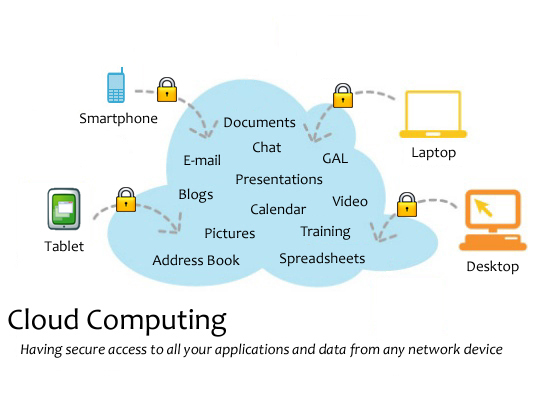December 27th, 2011 by BarbaraFicarraRN in Health Policy, Opinion
1 Comment »


Bill Crounse, MD, Senior Director, Worldwide Health, Worldwide Public Sector Microsoft Corporation shares his insights and describes four leading trends and technologies that will transform health and health care in 2012 and beyond.
These leading technologies include: cloud computing, health gaming, telehealth services and remote monitoring/mobile health.
Telehealth, Remote Monitoring, Mobile Health
I’d like to focus on telehealth and remote monitoring/mobile health since I feel telehealth is the nucleus of patient care, and telehealth can help reduce health care costs, and improve quality health care for patients. Telehealth technology combined mobile technology such as smartphones will make monitoring patients conditions easier and more efficient, and “cheaper and more scalable.”
Patient Quality Health Care
Through the Accountable Care Organizational Model (ACO), the core concept is to Read more »
*This blog post was originally published at Health in 30*
May 23rd, 2011 by DavedeBronkart in Health Policy, Opinion
4 Comments »

*Editor’s note: Dave would like readers to check out the comments section in the original post for his full views.*
A lot of people are intrigued with using “cloud” applications and storage for personal health data. This week we’re seeing what I think is the final nail in the coffin of “cloud only” for anything important. You gotta have offline backups: two huge cloud vendors – Amazon and now Google – have demonstrated that even they can go down, leaving their users absolutely powerless.

Cloud computing (Wikipedia) is hugely attractive to software developers and businesses. As shown in this diagram from Wikipedia, the idea is that you do your computing using storage or tools that are on some computer somewhere out there “in the cloud.” You don’t know or care where, because somebody out there takes care of things. As your business or database grows, “they” take care of it.
And it’s real – it works.
But when “they” screw up, you could be screwed.
Last month Amazon Web Services went down for a couple of days. PC Magazine posted a good summary, and many of us learned that well known companies like Hootsuite and Foursquare don’t actually own the computers that deliver their product: they rent services from Amazon Web Services (AWS). So when AWS went down, there was nothing they could do to help their customers. Read more »
*This blog post was originally published at e-Patients.net*














